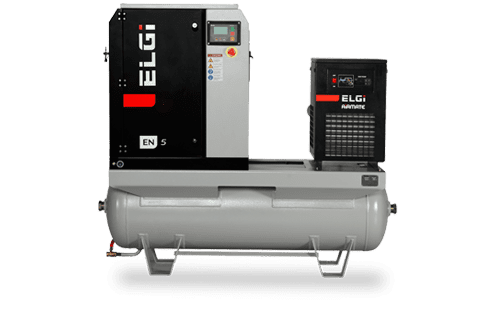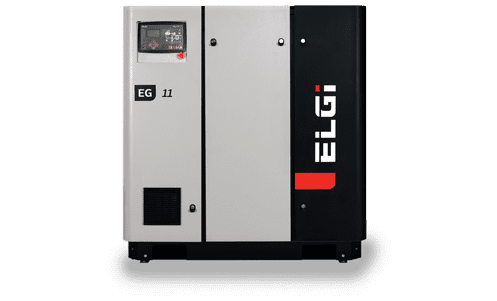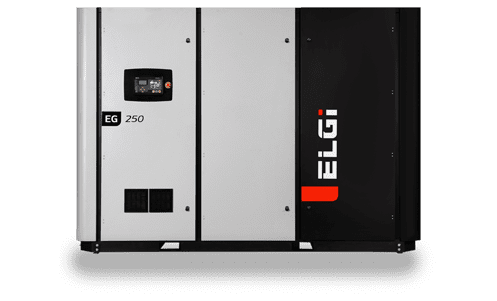Frequently asked questions while selecting an oil-free air compressor
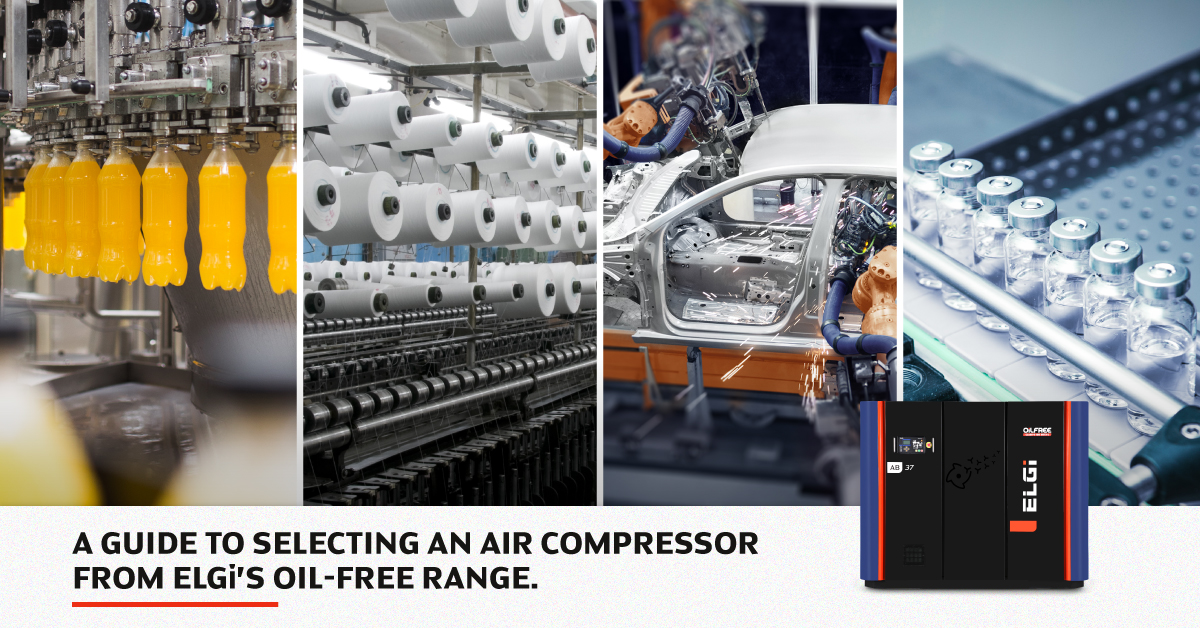
ELGi has been delivering an extensive range of compressed air solutions for over six decades that adhere to the rigorous Class 0 standards for oil-free air. The AB & OF Series screw air compressors from ELGi deliver compressed air, free from any traces of oil or contaminants. Our Oil-Free range is carefully designed to deliver air completely free of impurities, ensuring reliability and significantly enhanced energy efficiency.
ELGi's oil-free air expert responds to inquiries often posed by users from diverse sectors.
Frequently asked questions (FAQs):
a) What factors should I consider when selecting an oil-free air compressor?
When selecting an oil-free air compressor, consider factors like air quality, operating pressure, flow rate, and power source compatibility. It's important to determine the specific needs of your application to ensure that the chosen compressor can meet the demands effectively. Additionally, considering the physical size and capacity of the compressor is crucial to ensure it fits within your available space and can deliver the required volume of compressed air.
b) Are oil-free air compressors more expensive than oil-lubricated ones?
Oil-free air compressors have higher initial costs compared to oil-lubricated compressors. However, it's important to consider the long-term savings associated with them. The overall operating and maintenance costs can be significantly reduced since they eliminate the need for purchasing oil, filter replacements, and oil disposal.
c) How do oil-free compressors achieve lubrication without oil?
One common method is the use of dry-running vanes or other types of dry-running mechanisms, where self-lubricating materials or specialized coatings are used to reduce friction between moving parts. Some oil-free compressors also use water or air cooling systems to manage operating temperatures and reduce the need for lubrication.
ELGi offers Oil-Free air compressors in both Air-cooled & Water-cooled variants.
d) What are the standard maintenance requirements for oil-free compressors?
Oil-free compressors generally require less maintenance compared to oil-lubricated ones. However, regular maintenance should still be performed to ensure optimal performance and longevity. These include inspecting and cleaning intake filters, checking and replacing worn-out seals or gaskets, monitoring and draining condensate, and periodic inspections of components such as valves, belts, and hoses. Following the OEM's recommended maintenance schedule is essential to keep the compressor running smoothly.
f) How do I determine the required air quality for my application?
Consider factors such as the presence of sensitive equipment, specific industry regulations, and the level of air purity required. Understanding these requirements will help you choose a compressor with the necessary filtration and drying capabilities.
h) What factors should I consider when selecting a compressor for my new pharmaceutical bulk drug manufacturing plant?
In operations where the compressed air directly interacts with the final product, maintaining air quality is of paramount importance. This means the air must be devoid of impurities such as oil particles. Furthermore, the pharmaceutical sector demands constant, uninterrupted operation. Consequently, an Oil-Free screw air compressor is the most appropriate choice. This type of compressor is ideal for continuous duty application and ensures the delivery of compressed air that is entirely free of oil-based contaminants.
i) Are oil-free compressors quieter compared to oil-lubricated ones?
Oil-free compressors generally operate at lower noise levels compared to oil-lubricated models. The absence of oil-related components, such as crankcases or oil pumps, reduces the overall noise generated during operation. However, it's important to note that noise levels can vary depending on the specific design, size, and operating conditions of the compressor.
j) What are the available sizes and capacities of oil-free air compressors?
Oil-free air compressors are available in various sizes and capacities to suit different applications. They can vary from small portable units suitable for light-duty applications to large industrial-grade compressors capable of delivering high volumes of compressed air for heavy machinery or manufacturing processes. When selecting a compressor, consider the specific requirements of your application, such as the desired flow rate and pressure, to choose the appropriate size and capacity.
k) How does ELGi ensure the high quality of its air compressors?
ELGi's air compressors are carefully designed to provide our valued customers the highest product quality and system dependability. We are one of the few manufacturers with their Airend design and build them entirely in-house.We also have our state-of-the-art foundry set up to achieve the highest quality in casting.
l) Which industries employ compressors that are free from oil?
Certain industries require direct contact between air and the final product or its use in advanced machinery. The presence of even smaller traces of oil in these circumstances is significantly unwanted.
ELGi provides completely oil-free compressed air solutions for industries including Pharmaceuticals, Food & Beverage, Textile, Automobile, Electronics, FMCG, Oil & Gas, Power, and numerous others.
Selecting an oil-free air compressor requires careful consideration of various factors such as required air quality, operating pressure, maintenance requirements, and budget. By understanding the benefits and capabilities of oil-free compressors, you can make an informed decision that aligns with your specific application needs.
ELGi presents a wide range of air compressors – Oil-Free and lubricated piston and screw air compressors.
The compressed air experts at ELGi are always available to assist you in determining the optimal solution tailored to your specific needs. Additionally, we carry out comprehensive air audits to precisely assess airflow demands, to offer you the most efficient compressed air solutions.
RELATED BLOGS
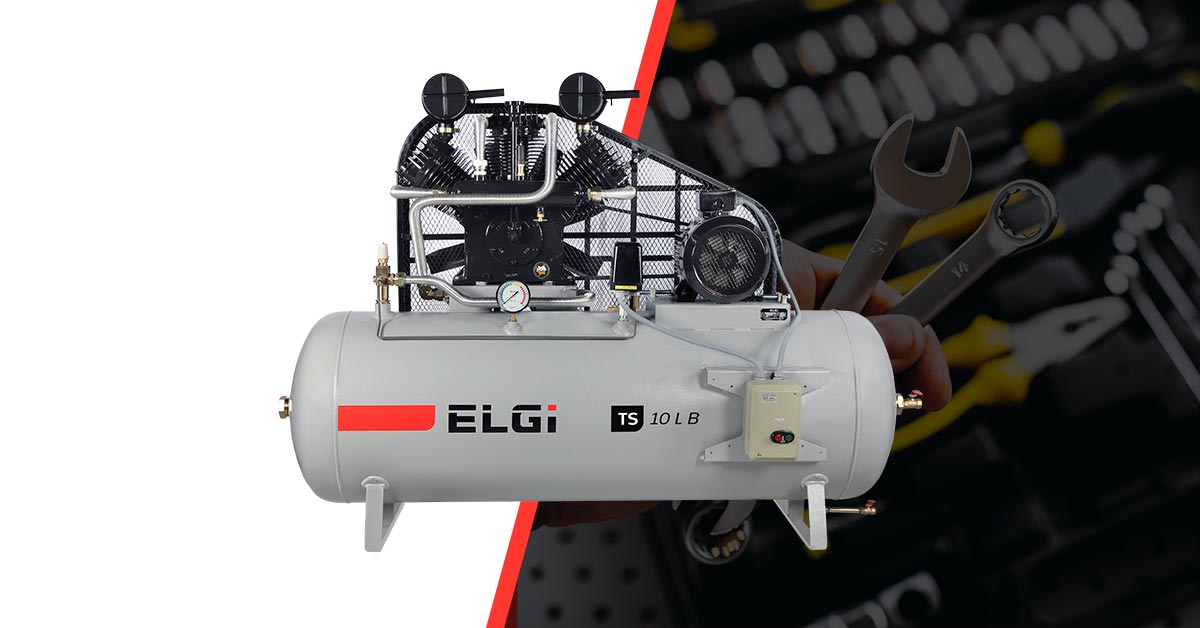
A reciprocating air compressor, also known as a piston compressor, is a positive di...
Read More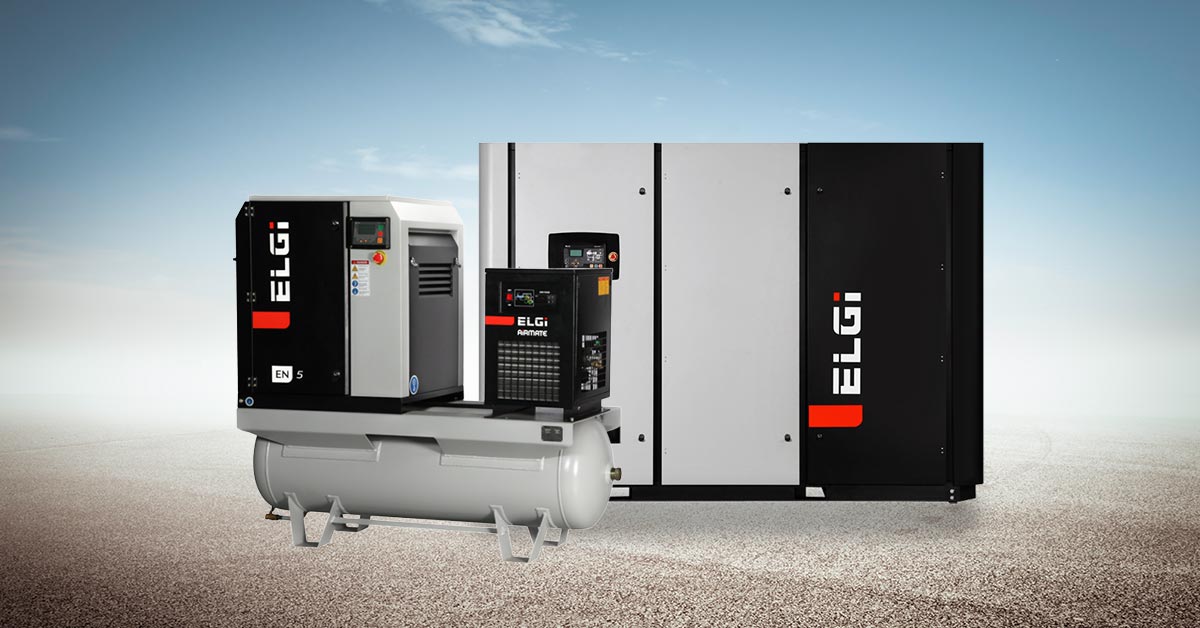
Rotary screw air compressors are a popular choice for industrial applications due t...
Read MoreDiesel vs. Electric Portable Air Compressors. The power source affects the maintena...
Read More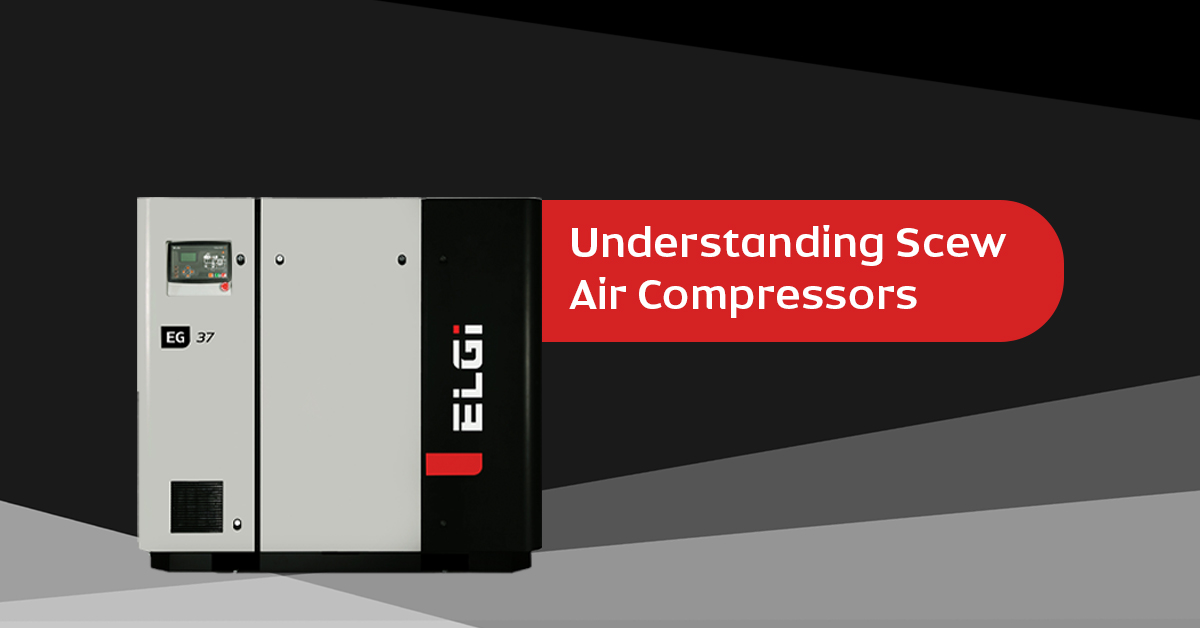
When selecting a suitable air compressor for your business, a few fac...
Read More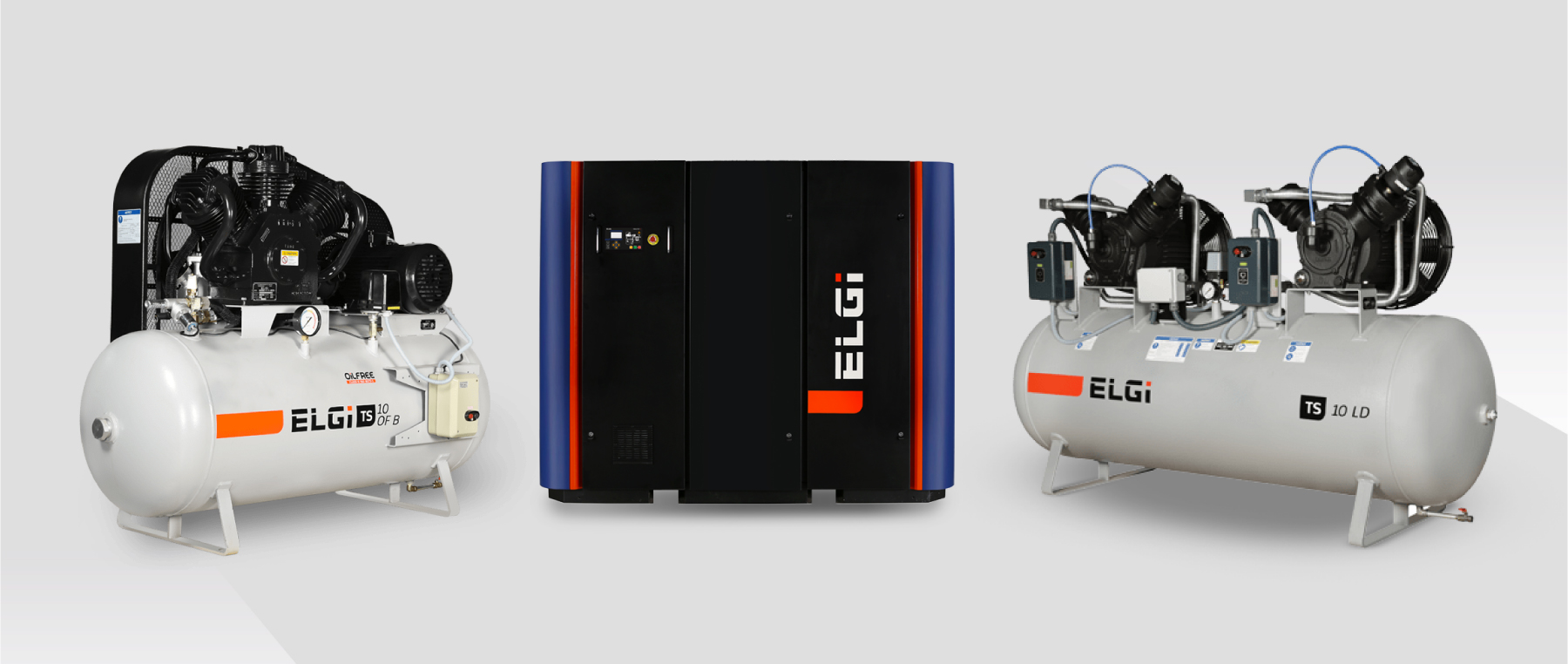
Rotary screw compressors and reciprocating compressors are the two mo...
Read More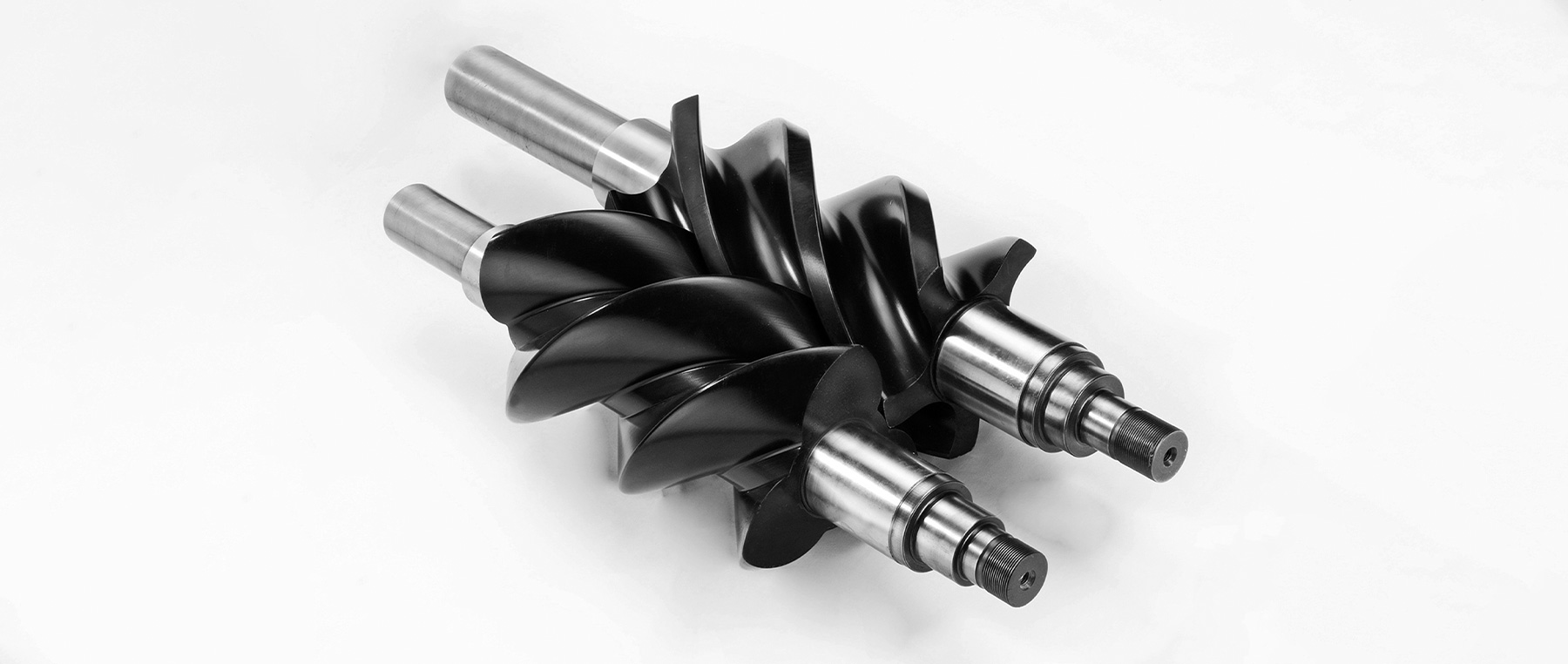
The concept of air compressors dates back thousands of years. The...
Read More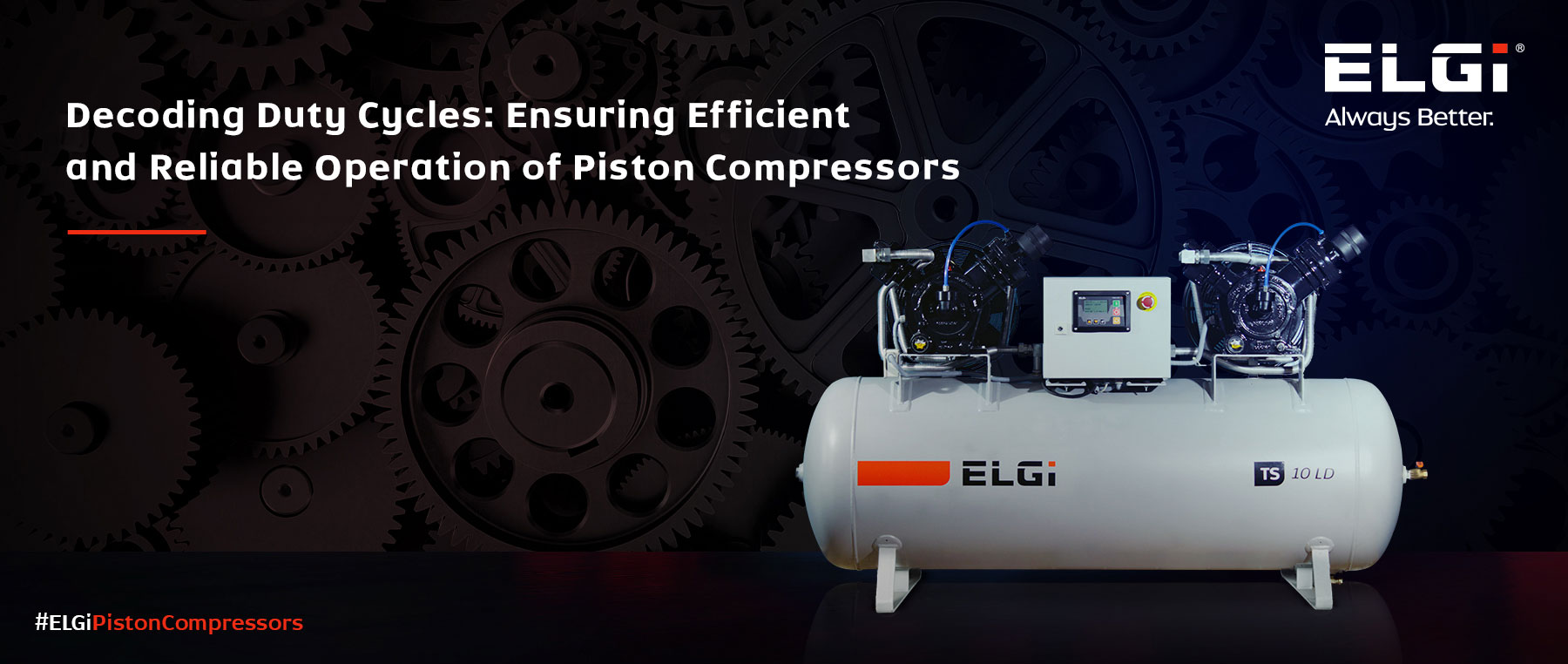
The duty cycle of piston compressors is a critical aspect to understand for an effi...
Read More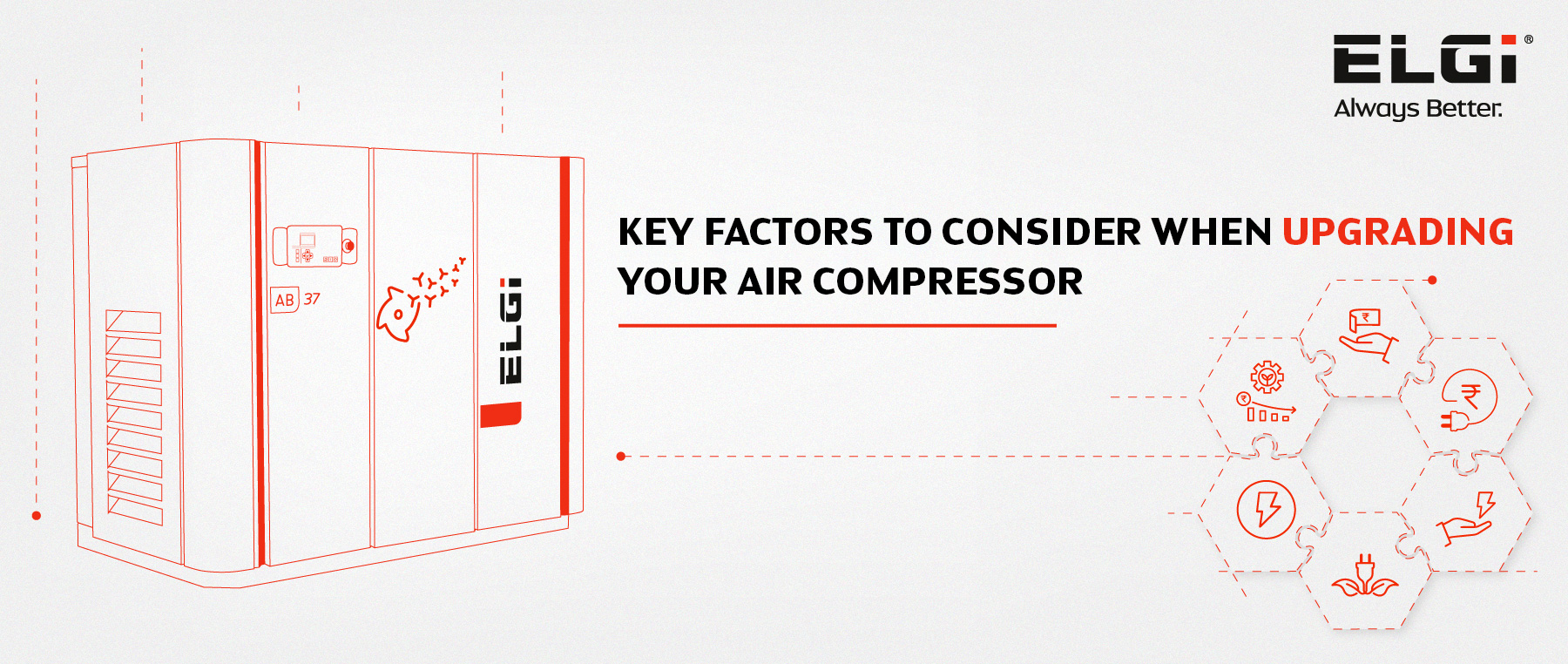
Upgrading your air compressor is a critical decision that can significantly impact ...
Read More

